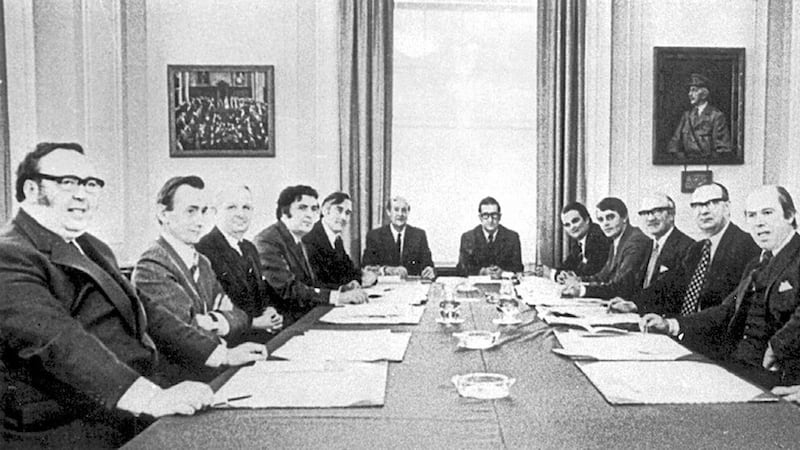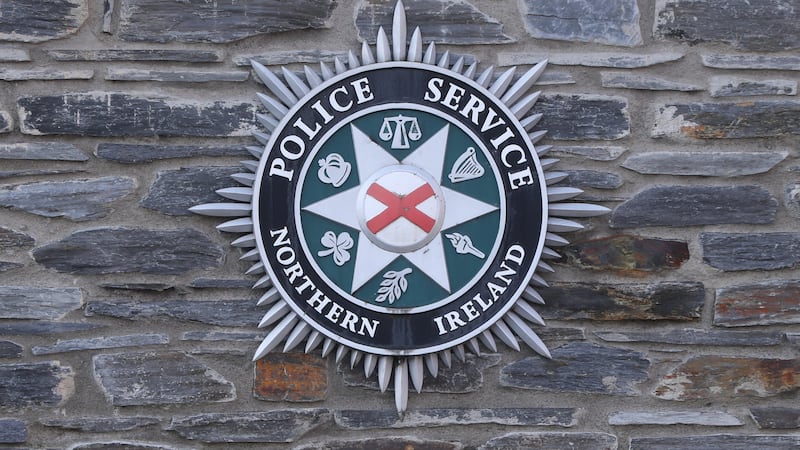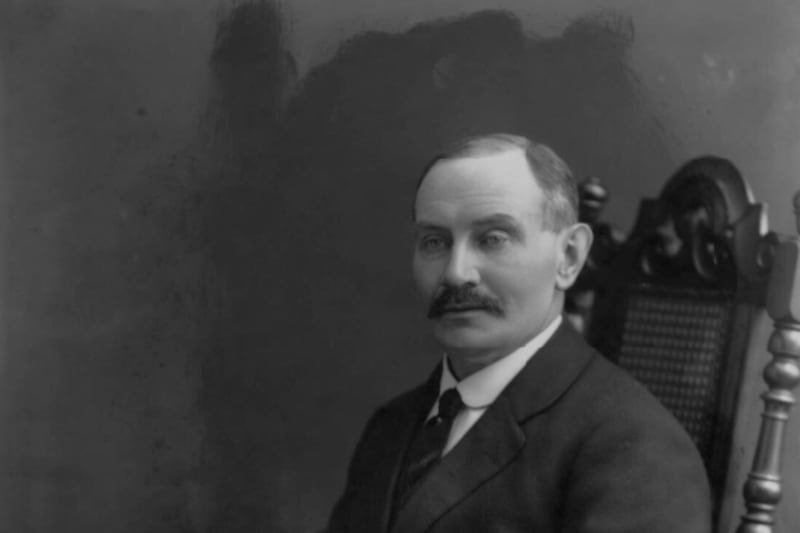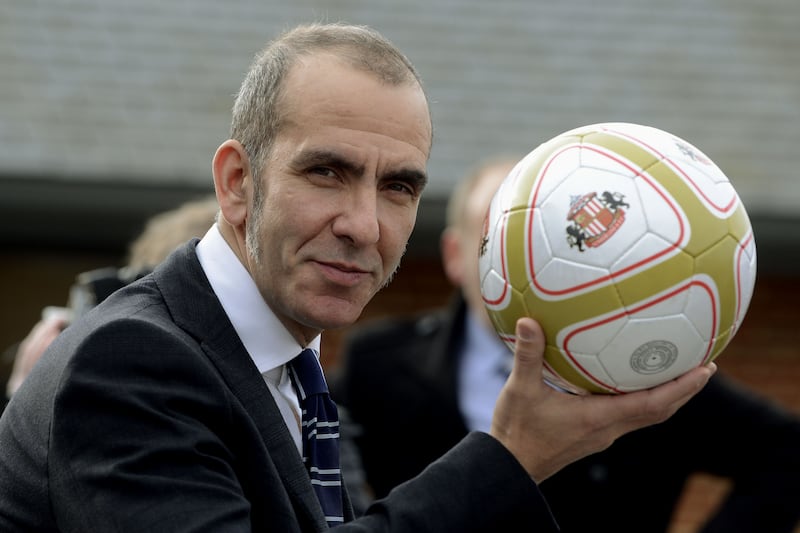November 22 1973
As the negotiations over the Assembly Executive neared their end, expectations were aroused that agreement might be reached after all, although there were certain hurdles that could prevent it.
Such gloomy considerations have darkened in the last few days; and it was even said that if Mr [Brian] Faulkner failed to secure endorsement for his policies from the Unionist Council, a power-sharing executive was doomed.
Last night, however, Mr Whitelaw [William, Secretary of State] announced that a form of agreement had been reached and the precise terms will be spelled out by him in the British House of Commons today. What seemed only remotely possible is, apparently, now a fact.
Reaction will follow after Mr Whitelaw’s statement. Where, it will be asked beforehand, has agreement been reached?
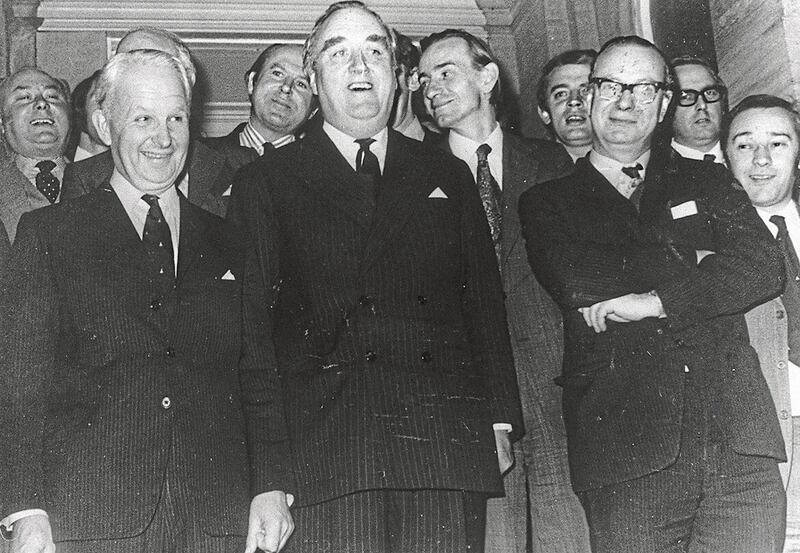
If it is full agreement, there will be a feeling that here is an opportunity for the power-sharers to encompass the problems that beset this community and provide some sort of political stability by which people can live in peace and set about healing the wounds and scars which these last few years have inflicted.
The executive “numbers game” has been played incessantly over the past few weeks. It is unlikely to be the 5-5-1 share-out of the pundits. In the inner executive, as distinct from the administrative executive, we are prepared to be told that Mr Faulkner, after all, has succeeded in securing his majority – albeit by one vote – of six Unionists, four SDLP members and one Alliance man.
On the other hand, Mr Faulkner could find himself outnumbered on the 15-member administrative executive with a figure, say, of seven Unionists, six SDLP men and one Alliance member.
All power derives from Westminster, but in exercise of it at local level the ministries assume supreme importance. Mr Faulkner is expected to reap the fruits of his long, hard climb to headship by becoming executive chairman, with Gerry Fitt as his deputy. But who will rule Finance? The Unionists? If so, this will not extinguish all hopes of reasonable reform; but an SDLP Minister of Commerce, Development or Health and Social Services (including local government) could really renew belief among the minority that at least there will be measured control of civil rights and jobs in these areas, and no more discrimination.
It was lack of civil rights and gross discrimination in the public sectors more than any other single factor which brought the civil righters onto the streets and led the Westminster government to the full realisation of clear and present dangers to the community which sounded the first knell of the years of violence and violent death to come.
Irish News editorial offering cautious optimism about the power-sharing agreement reached between the Ulster Unionist Council, the SDLP and Alliance Party.
